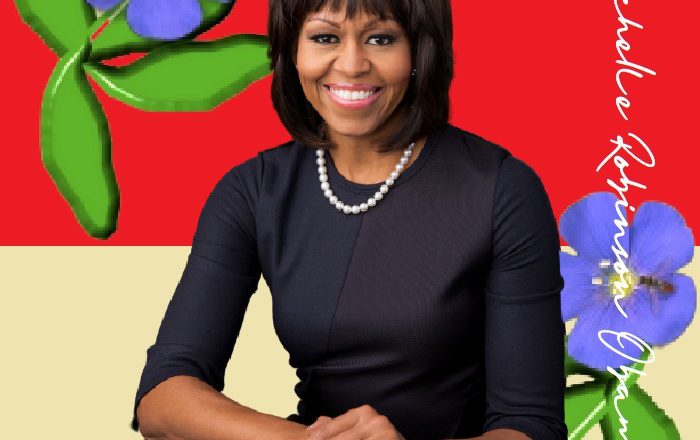Authoritarian White Masculinity As Trump And Pence’s Political Debate Strategy Dominance Or Democracy?
After the debate between Sen. Kamala Harris and Vice President Mike Pence, commentators contrasted Pence’s reserved demeanor with the belligerence President Donald Trump exhibited in his debate with former Vice President Joe Biden the previous week.
NPR Congress editor Deirdre Walsh asserted that Pence’s debate style was an “almost polar opposite of the president’s.” New York Times conservative columnist Christopher Buskirk called Pence “calm, professional, competent and focused,” claiming that he was “in some sense the answer to every criticism leveled at Trump after the last debate.” The BBC’s Anthony Zurcher contended that Pence’s “typically calm and methodical style served as a steady counterpoint to Trump’s earlier aggression.”
These seemingly disparate styles, however, are two side...



